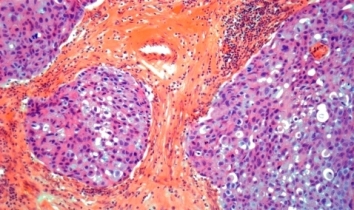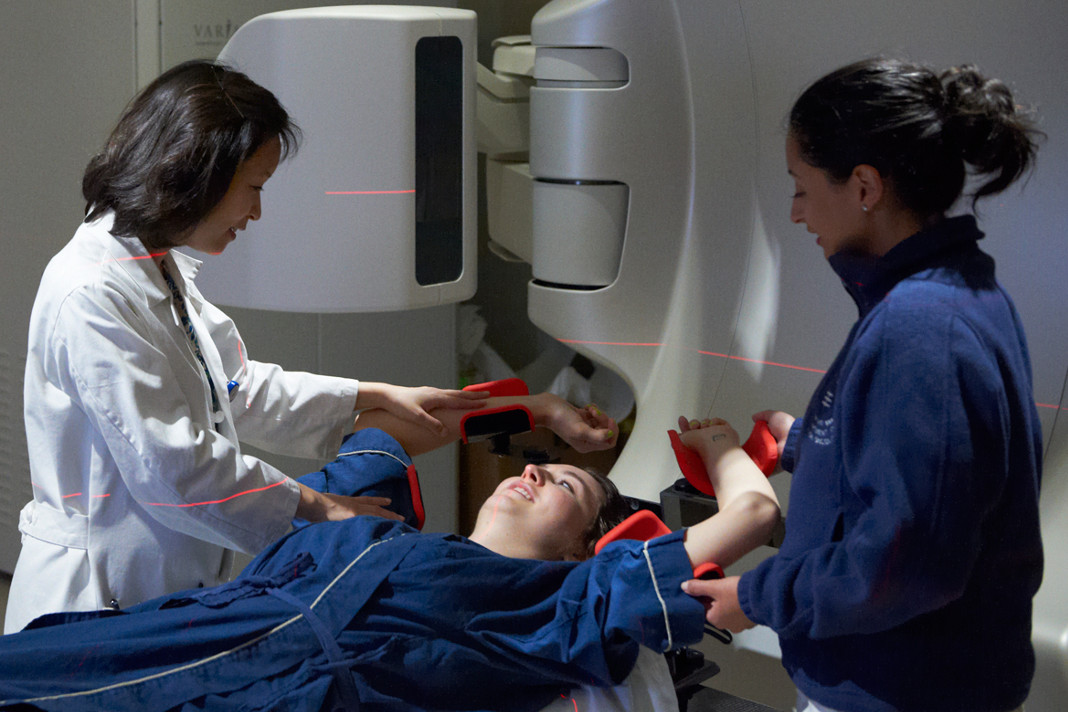The women interested in the symptoms of invasive ductal carcinoma should know that IDC is the most frequent kind of breast cancer which starts at the milk ducts. At the later stages it breaks out of the ducts and it invades the surrounding tissues as well.
The Invasive Ductal Carcinoma Symptoms
The condition doesn’t always show symptoms especially at the initial stages. As the cancer progresses, more and more symptoms appear. These include a thickening or lump in the underarm or the breast and having a lump or a mass about the size of a pea.
Other Signs of IDC
Some of the affected women notice changes in contour, size and shape of the breast, change in the appearance or in the feel of your skin on your nipple or the breast that could be scaly, dimpled, inflamed or puckered, and bloody or clear nipple discharge.
Additional Symptoms of IDC
As a result of the condition, the skin on your breast can become red and the shape or position of the nipple may change. The affected area of the breast might be different from the other parts of the breast. It is possible to notice a hardened or marble-like mass under the skin.
Finding the IDC
Usually the signs of the problem are found during a monthly exam or when women have a self-exam. It is very important for women to have regular self-exams because this way they can get familiar with the normal shape and feel of the breast and you will notice if something is out of place.
Diagnosis
The symptoms of invasive ductal carcinoma may be diagnosed through different kinds of tests. Keep in mind that 80% of the lumps found turn out to be benign. To make sure that this is your case, you could have a mammogram, high resolution ultrasound, stereotactic needle biopsy or an open surgical breast biopsy.
Treatments of the Warning Signs of IDC
The main point of the treatments is to prevent the formation of new cancerous cells. The most common treatment options include lumpectomy, mastectomy, radiation, chemotherapy and targeted biological therapy. The type of treatment that you need depends on the stage of the cancer.
The symptoms of invasive ductal carcinoma should under no circumstances be dismissed and they need to be assessed by a doctor immediately.







